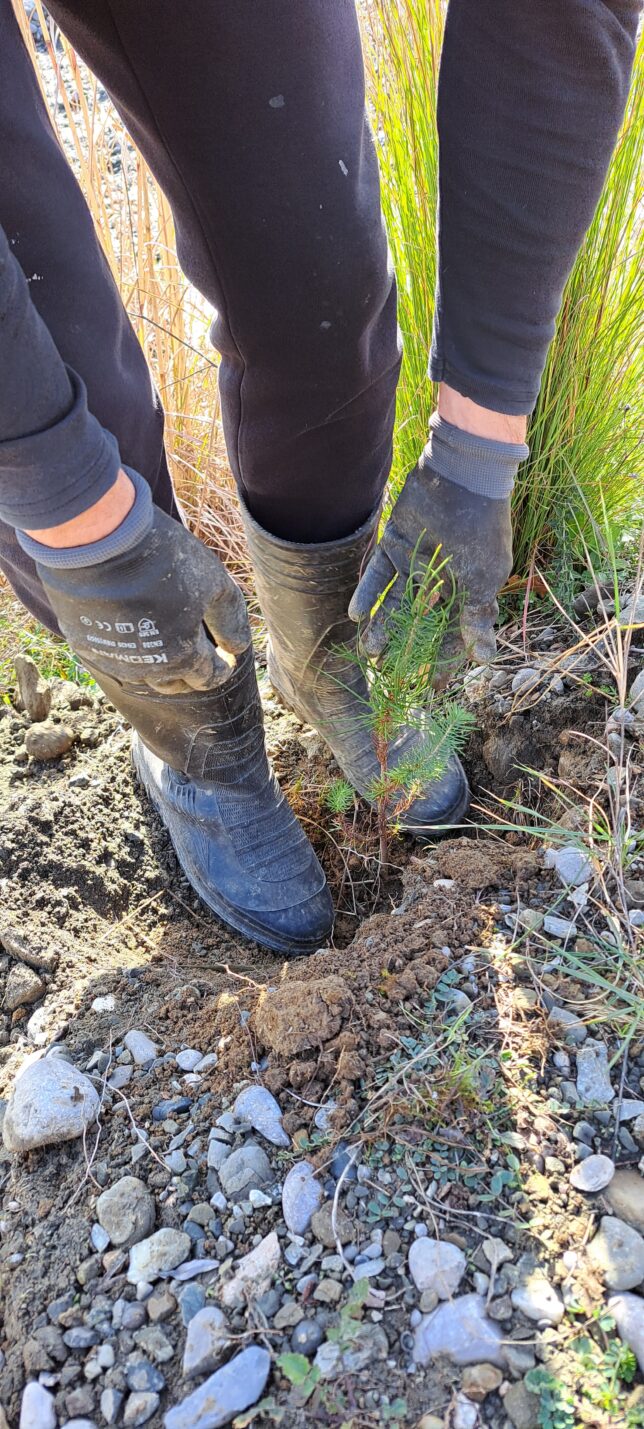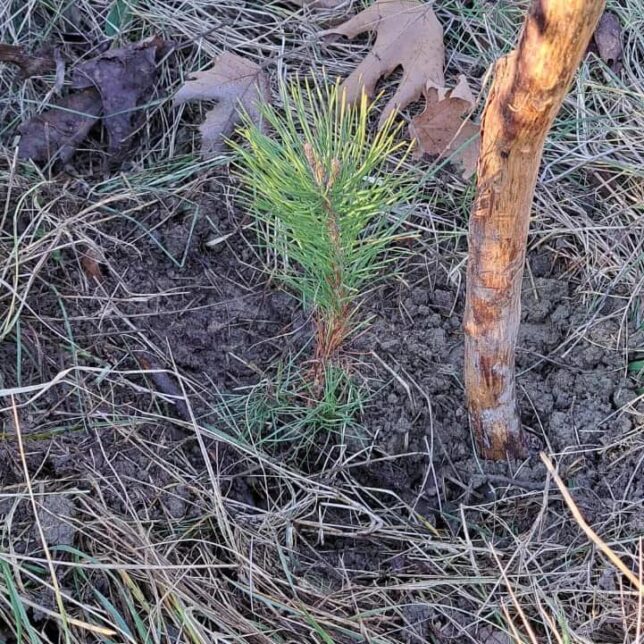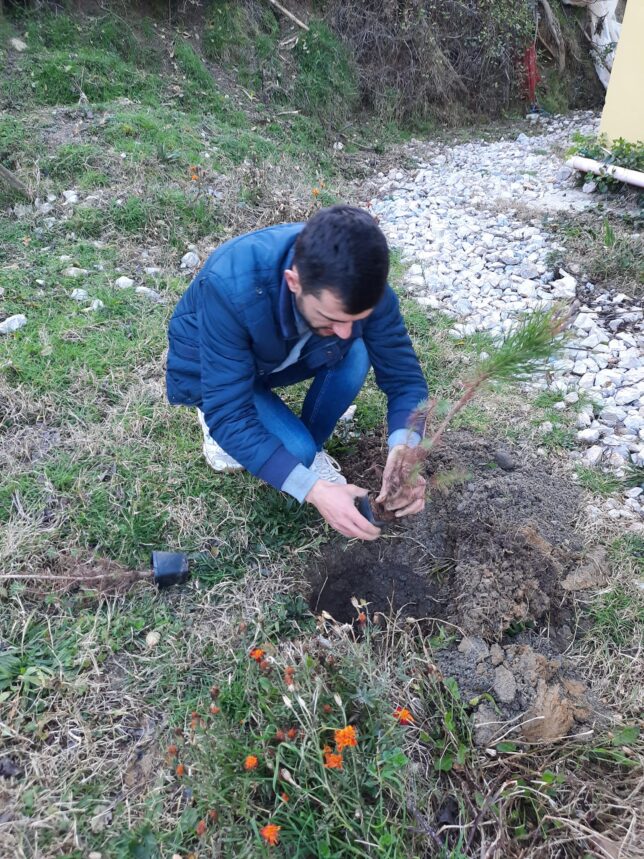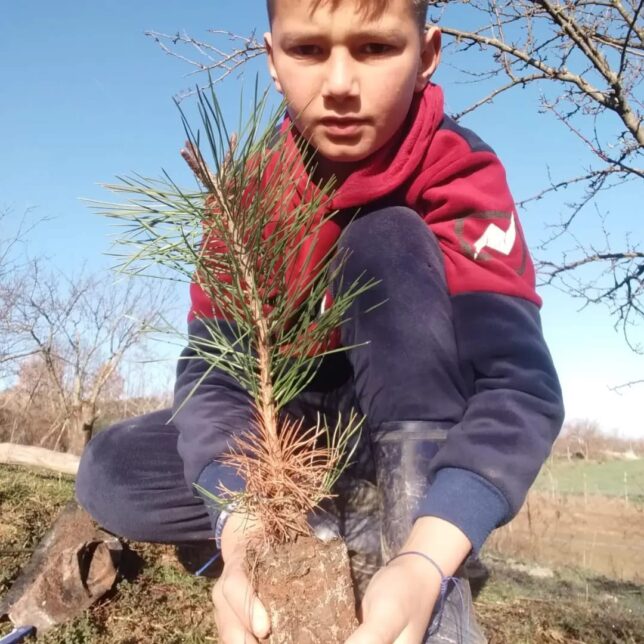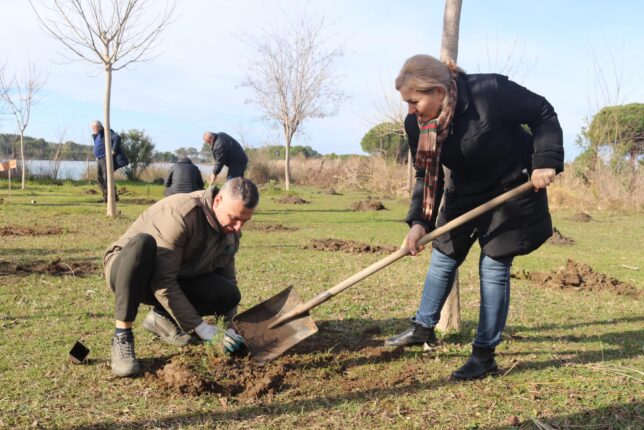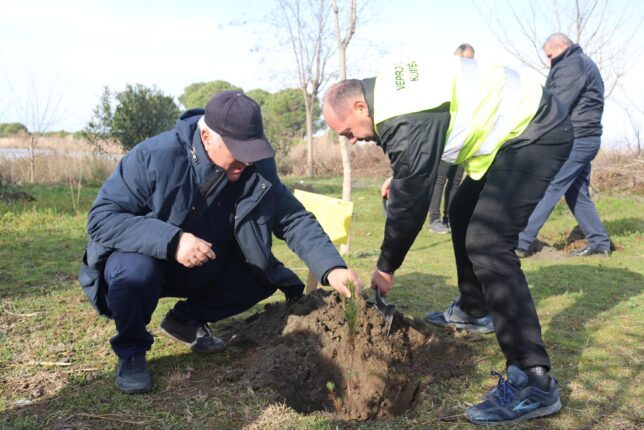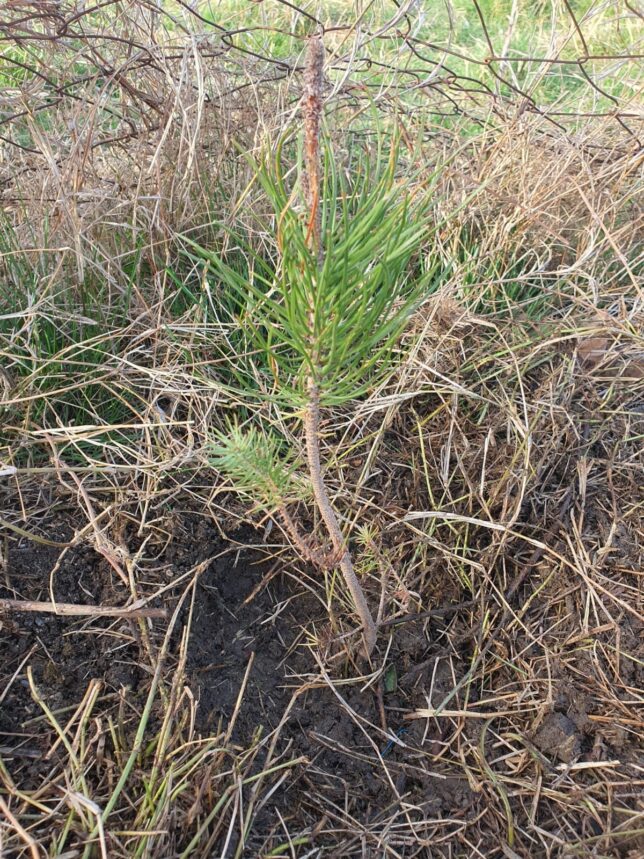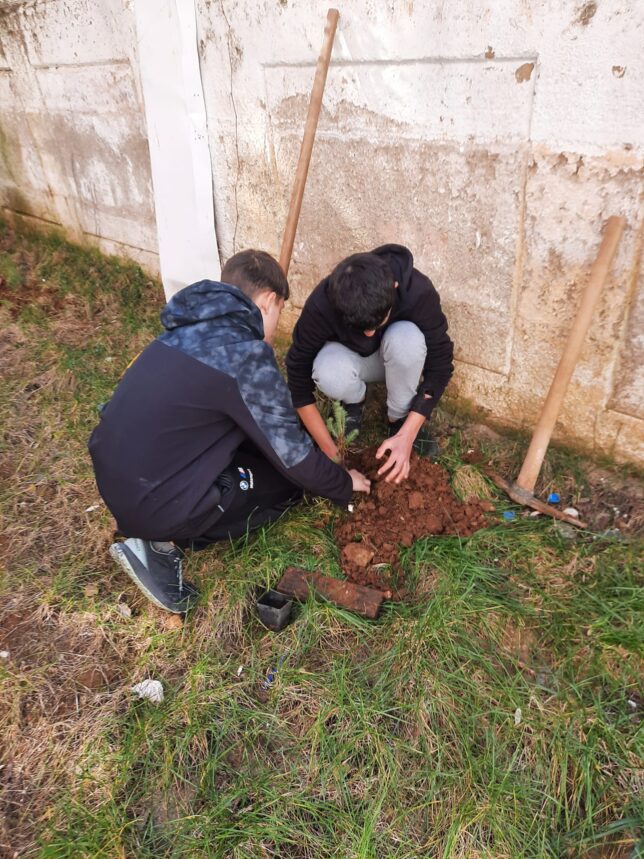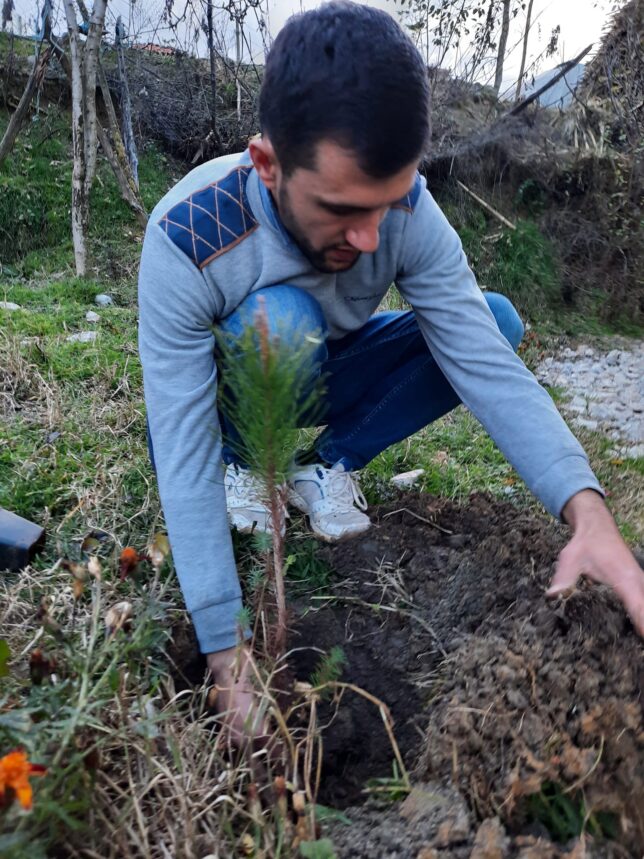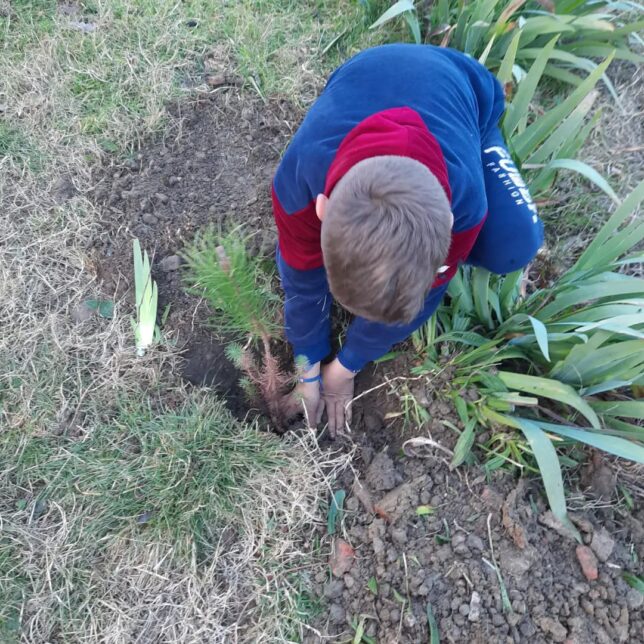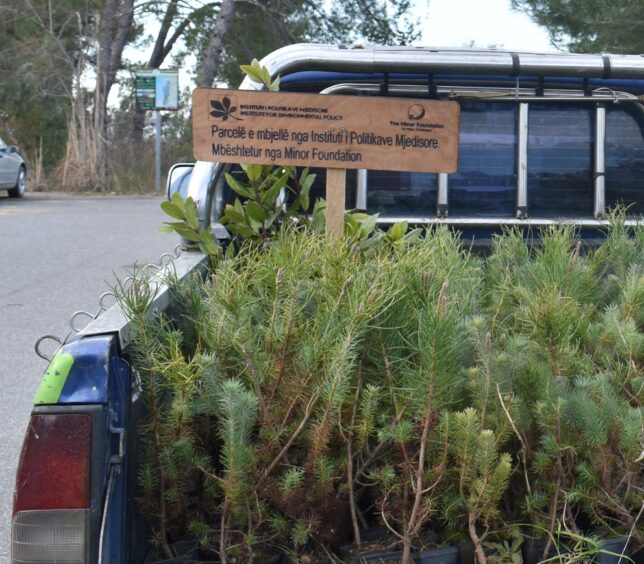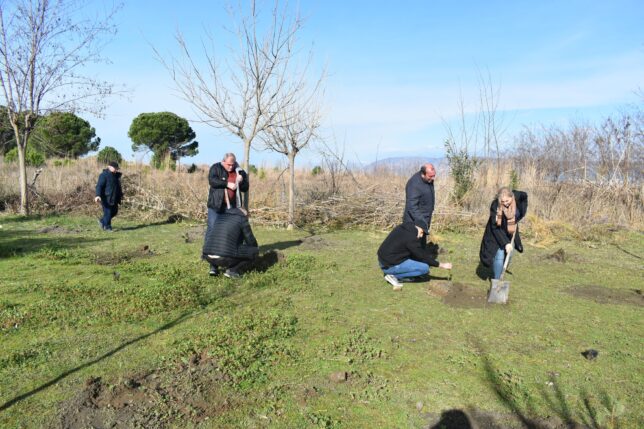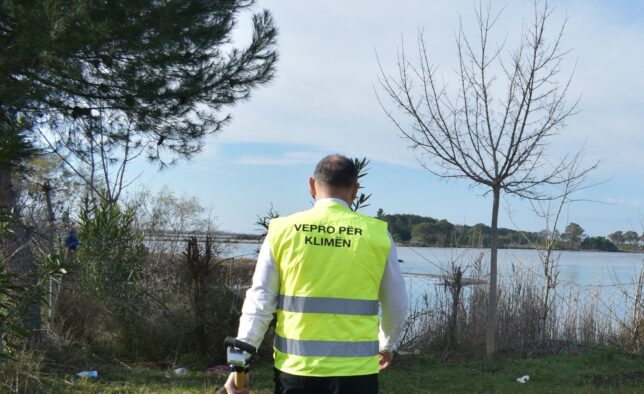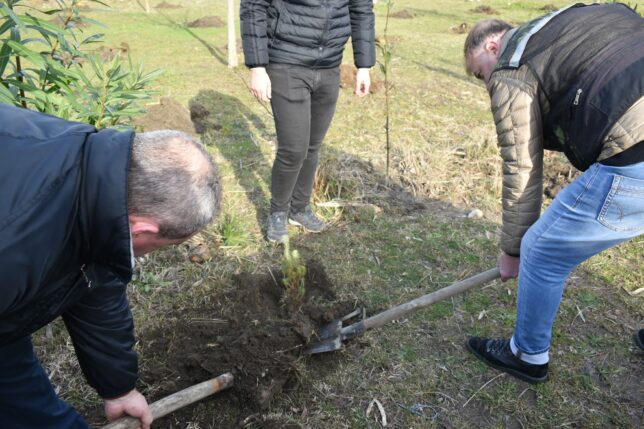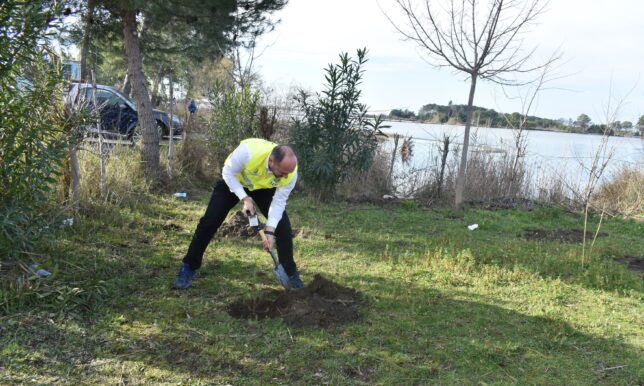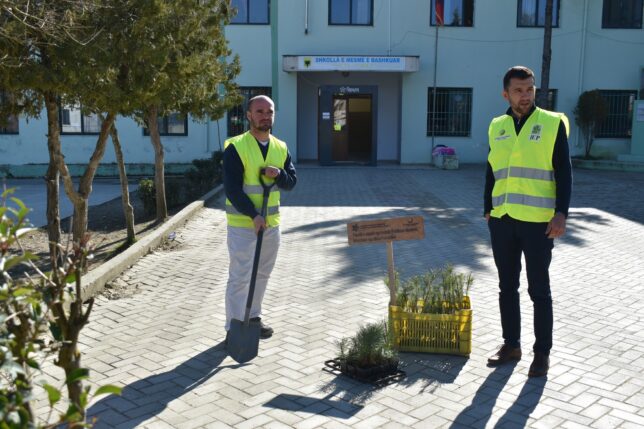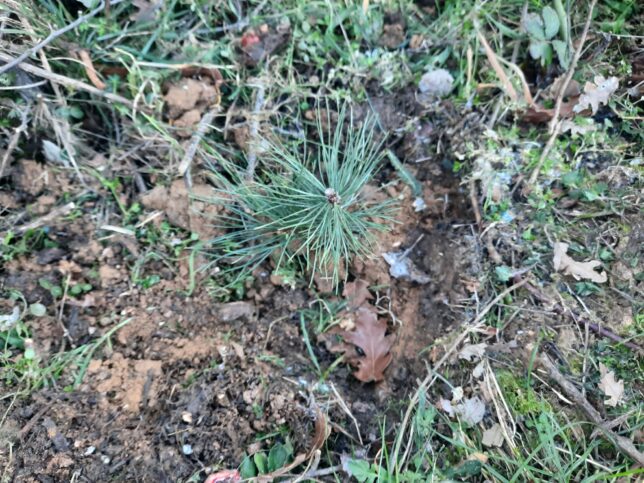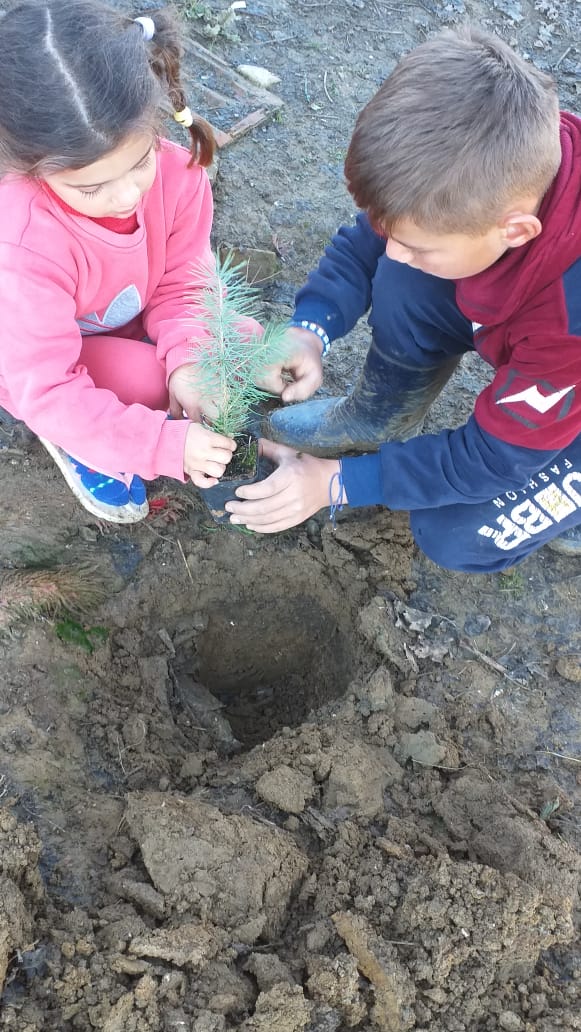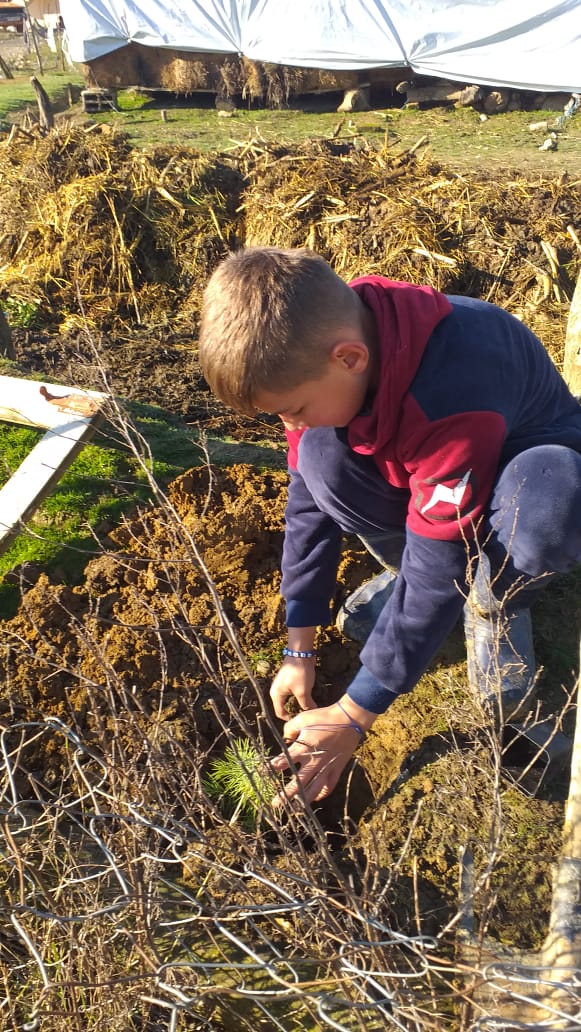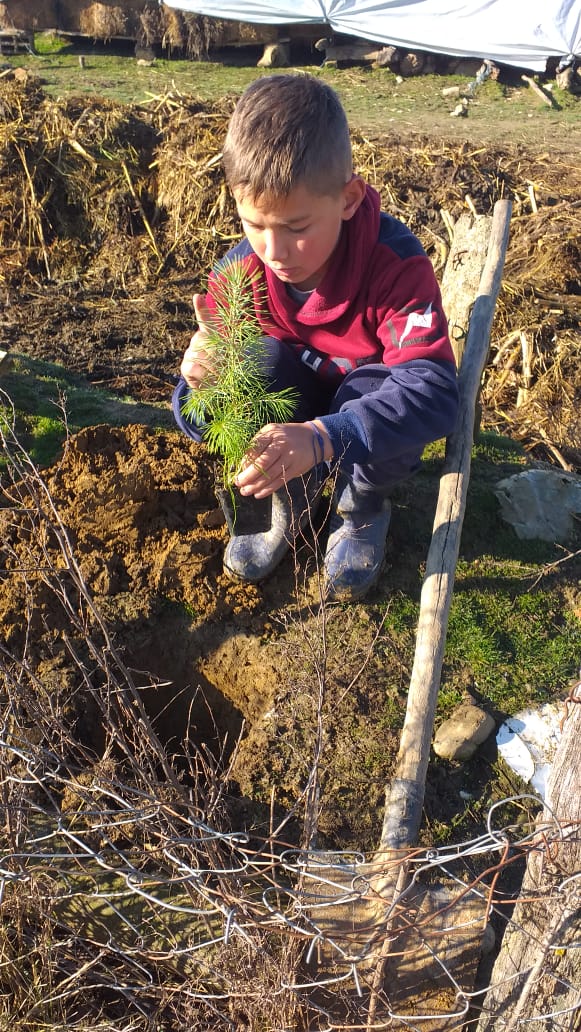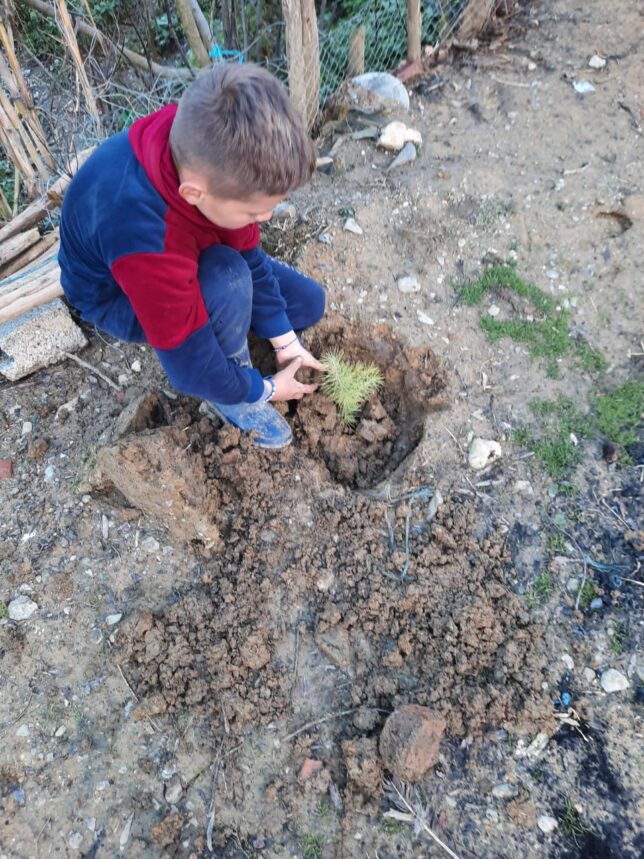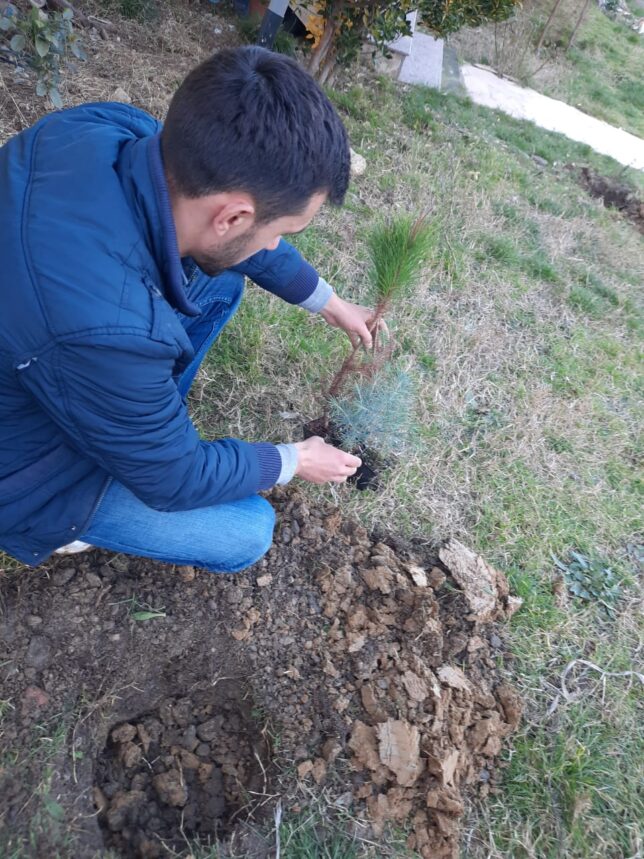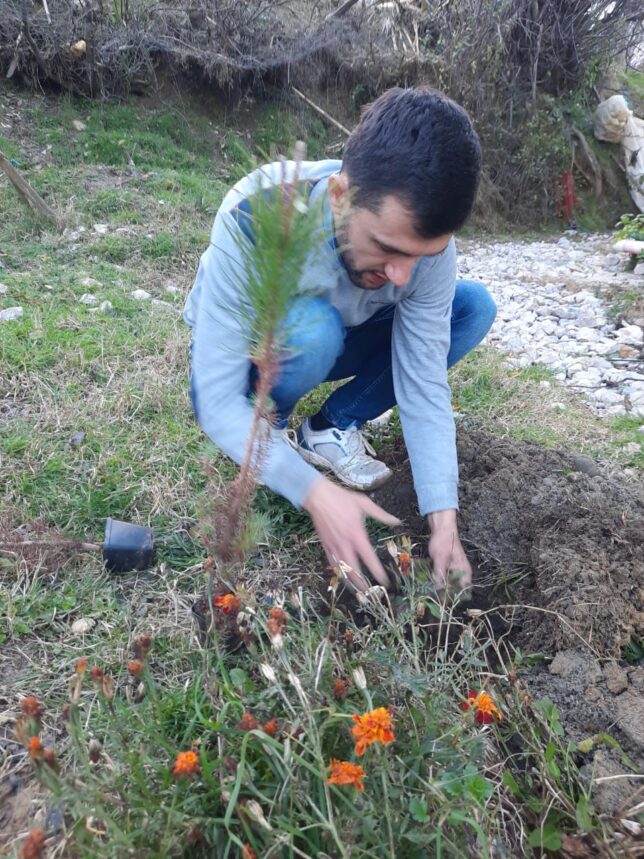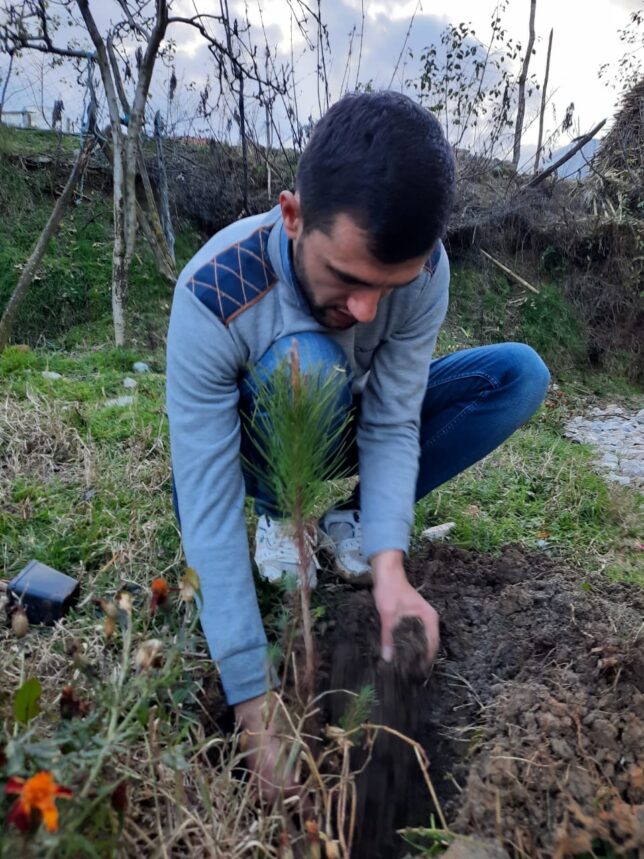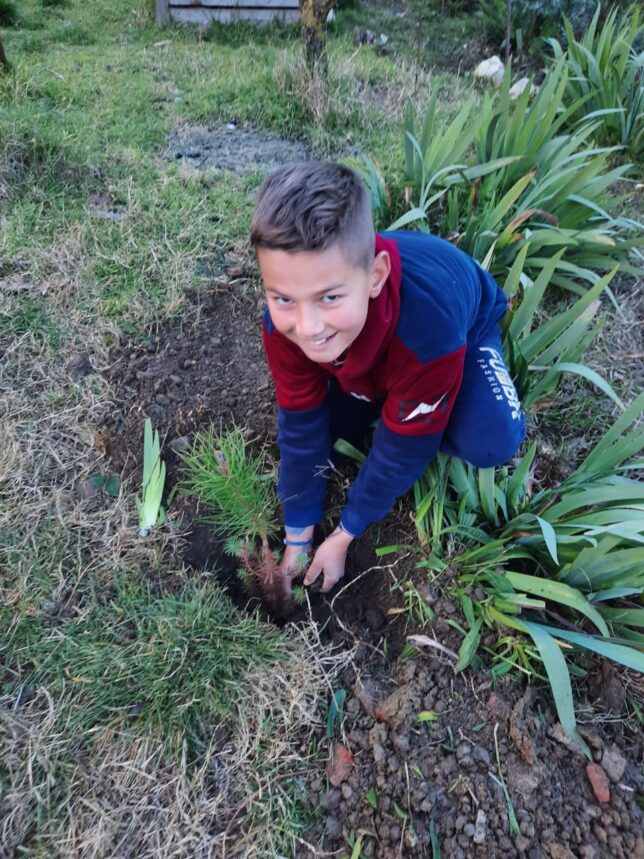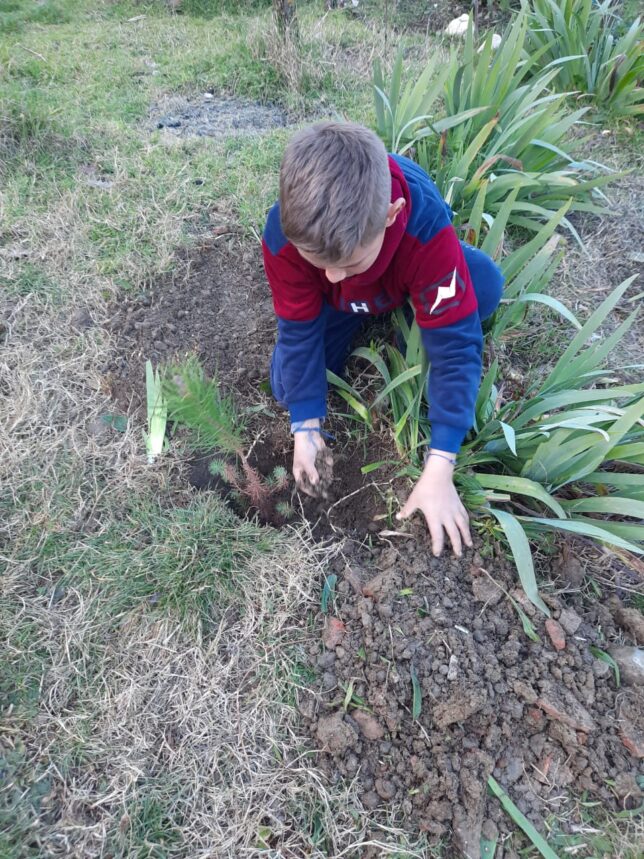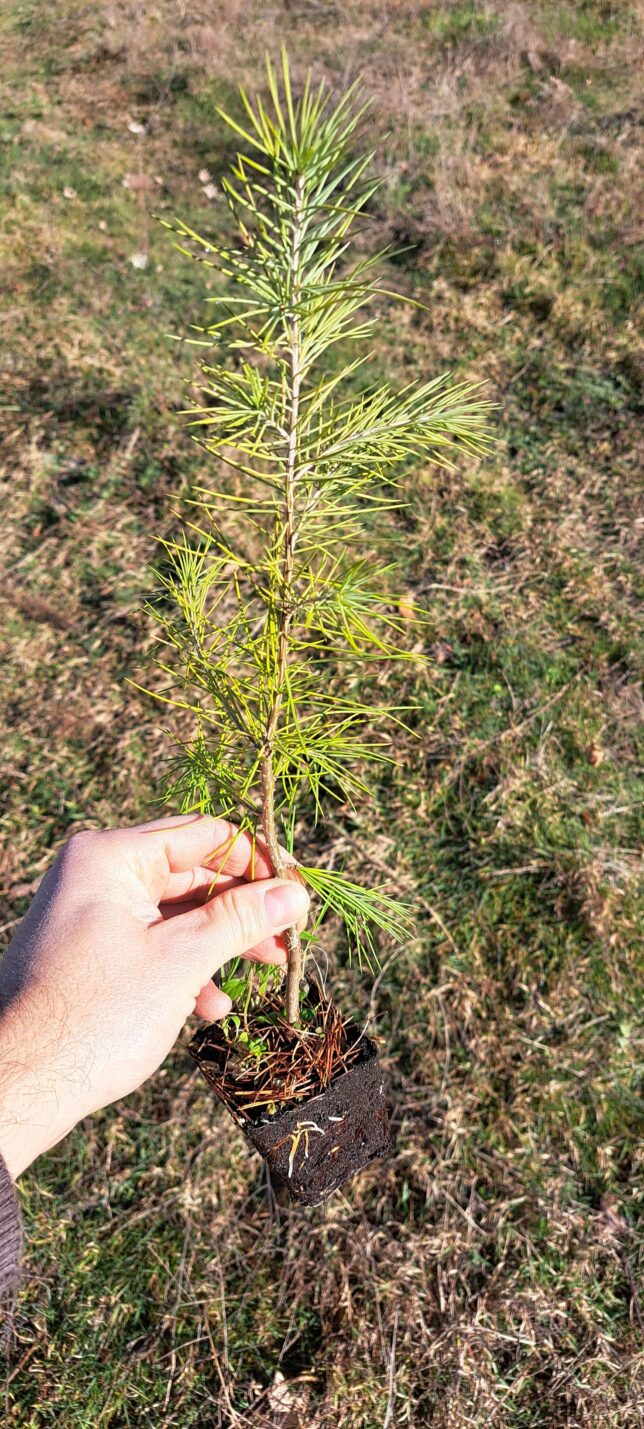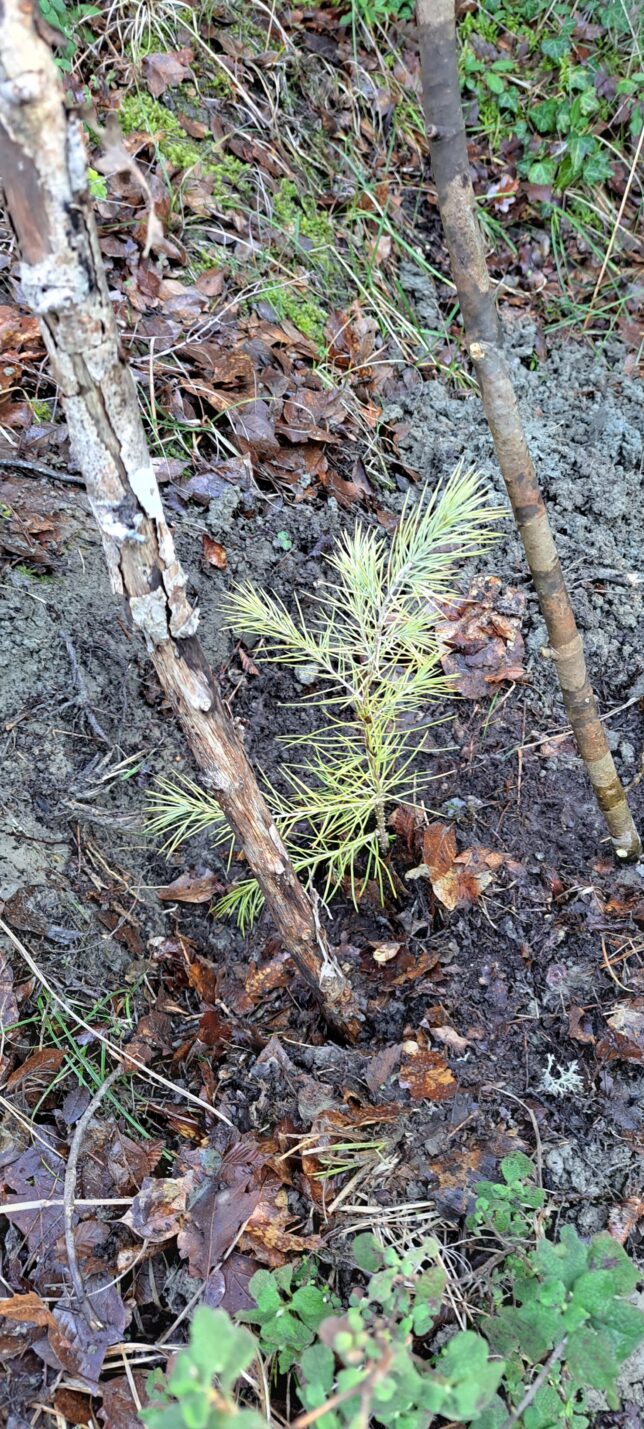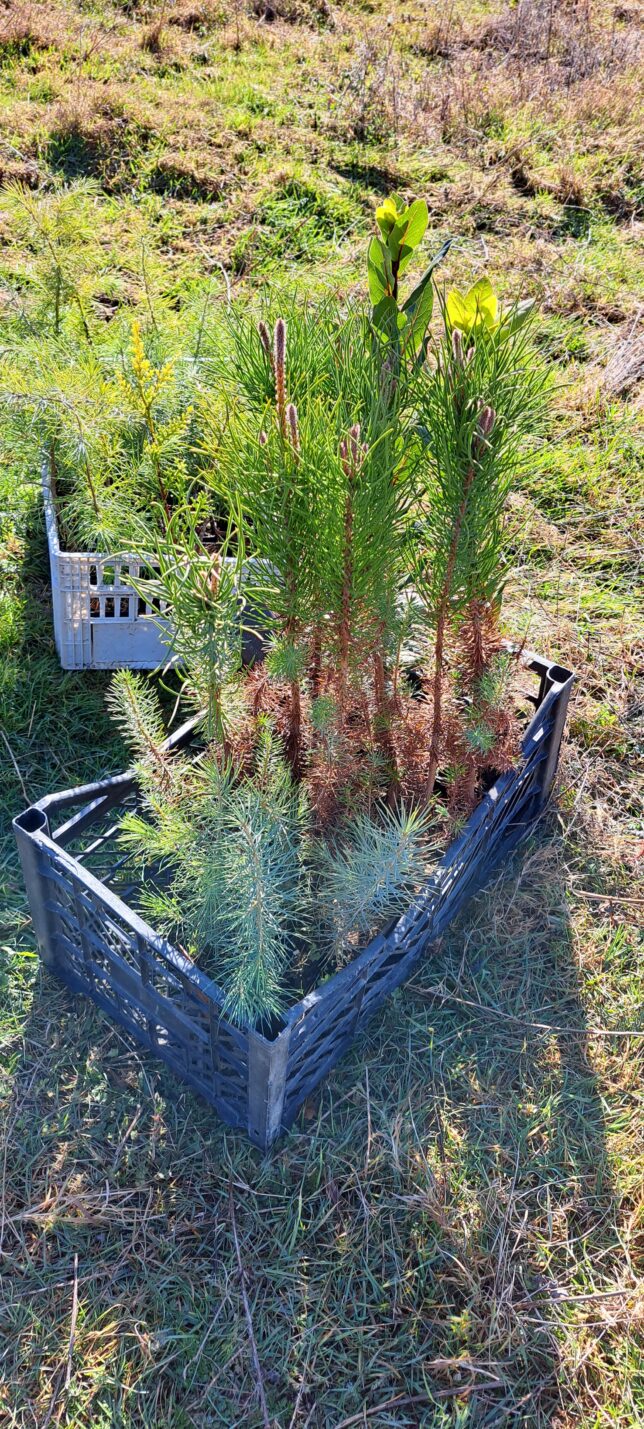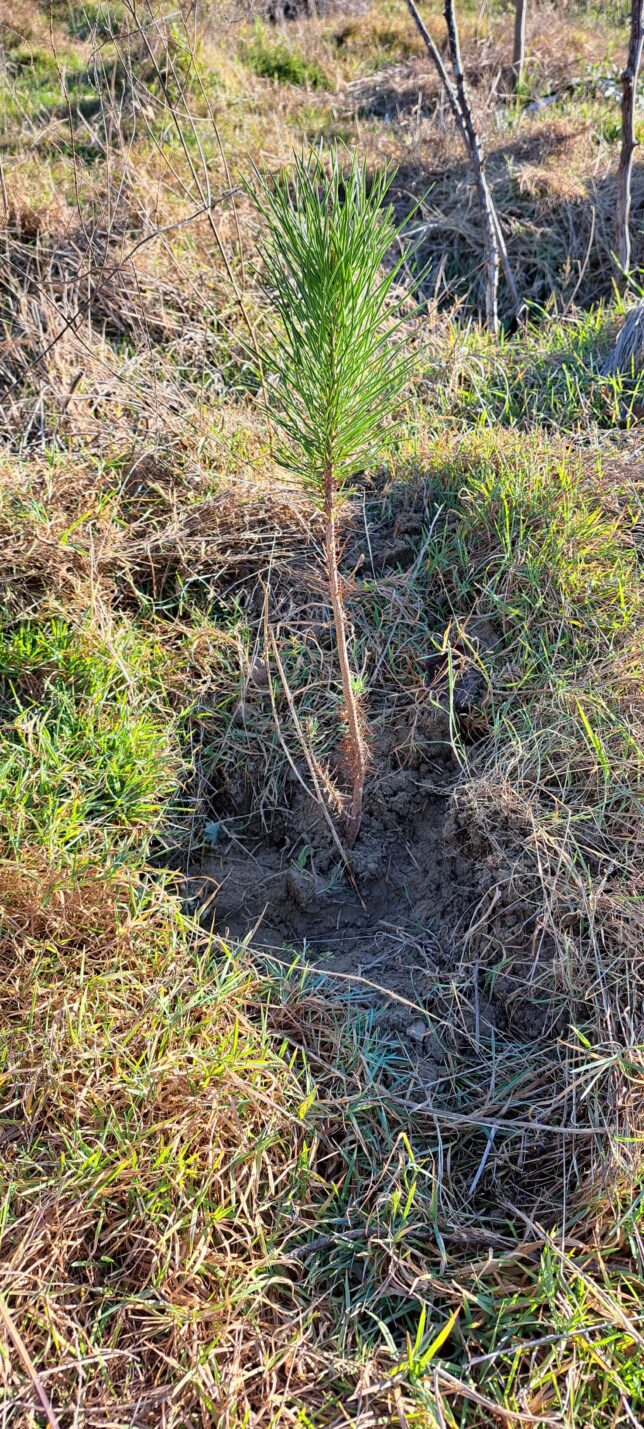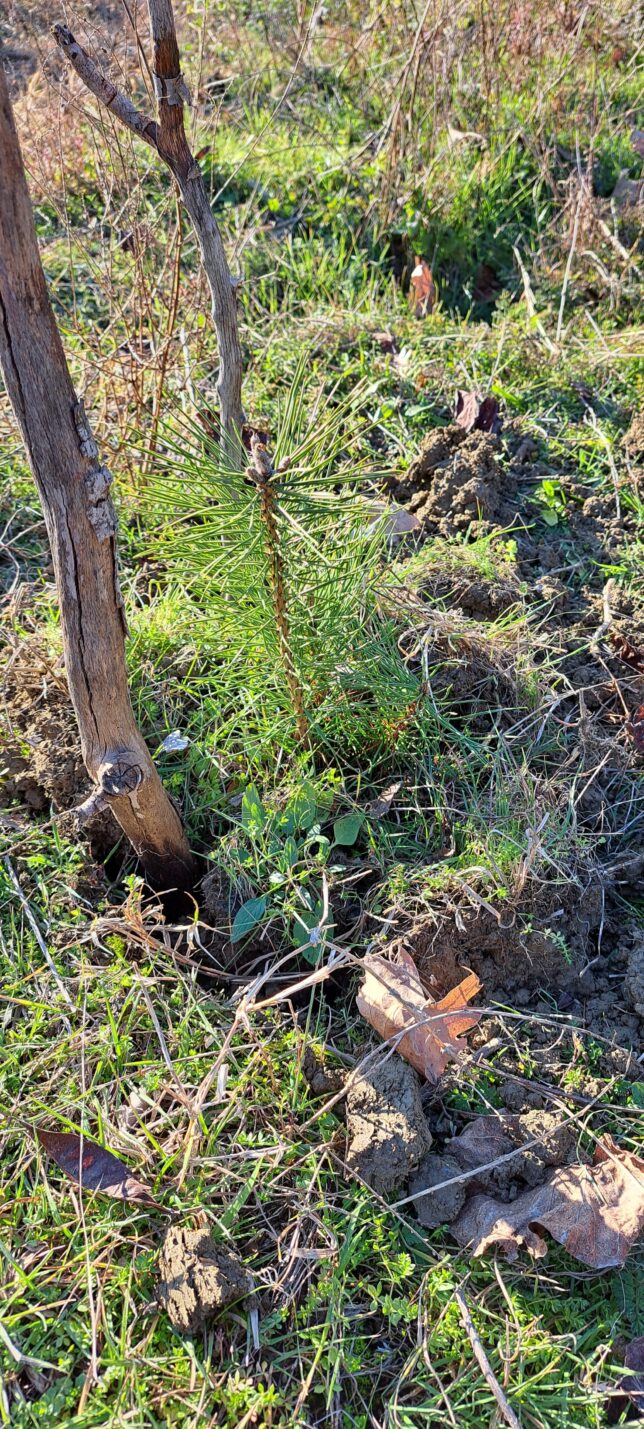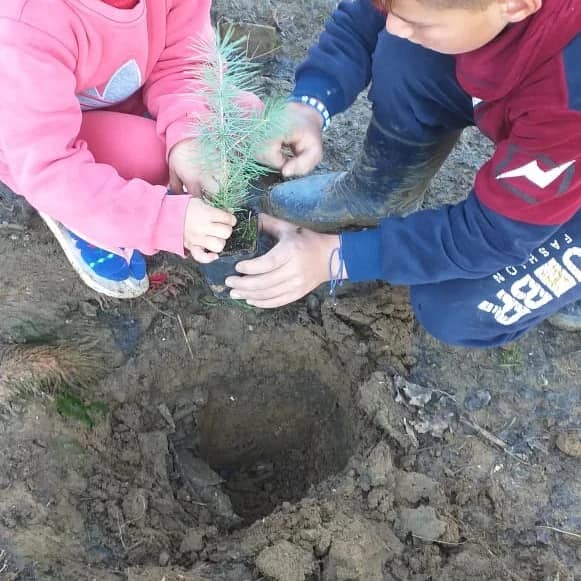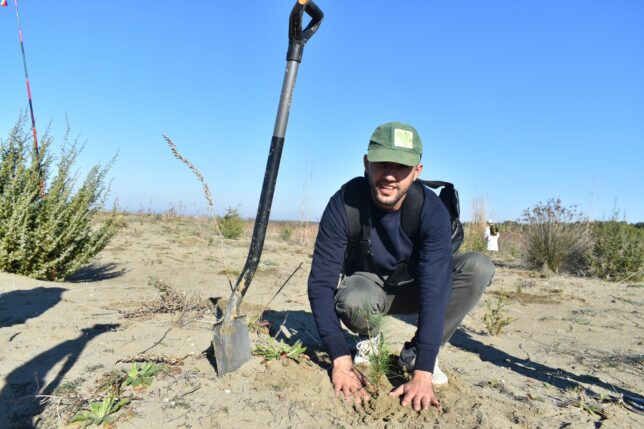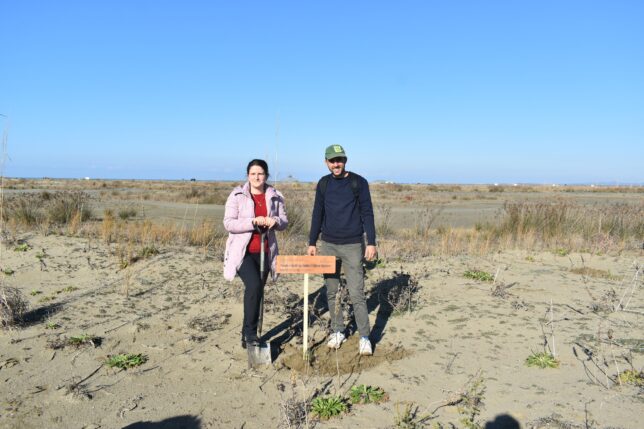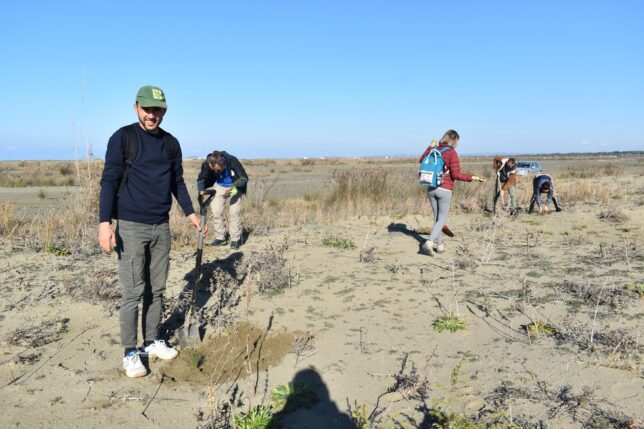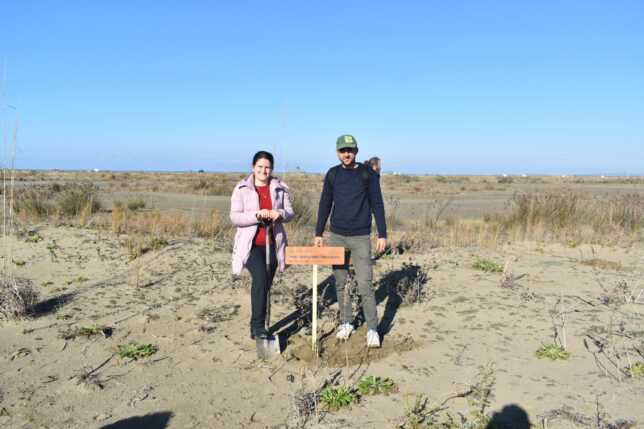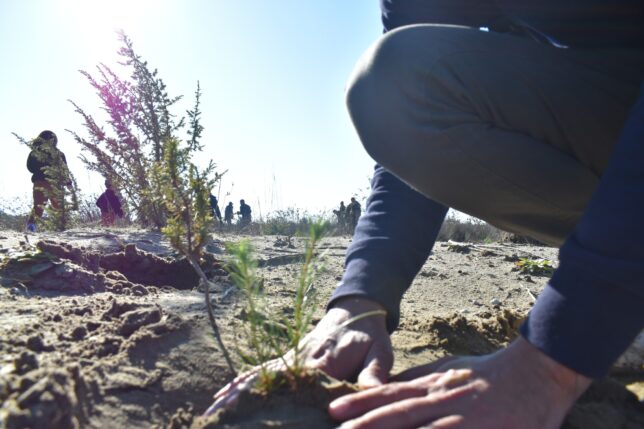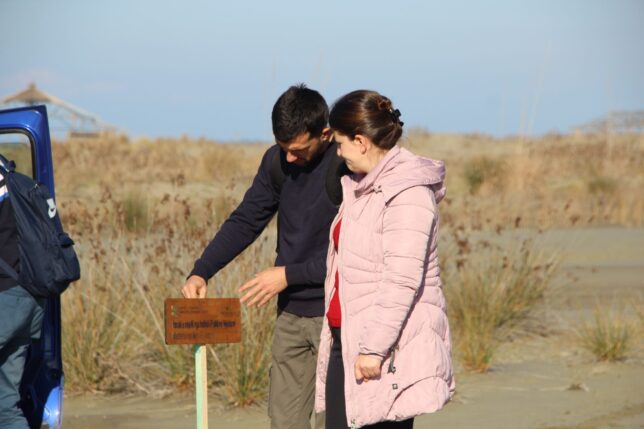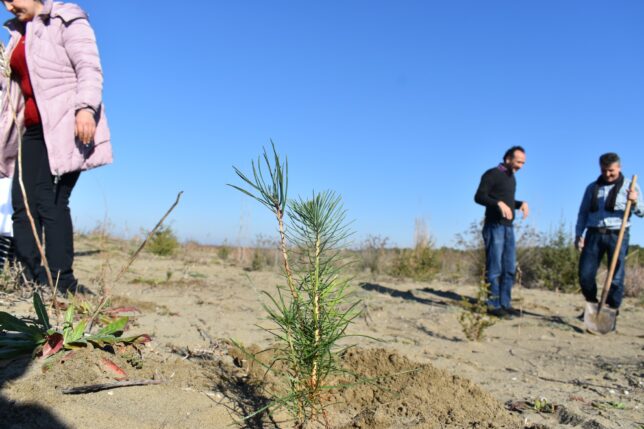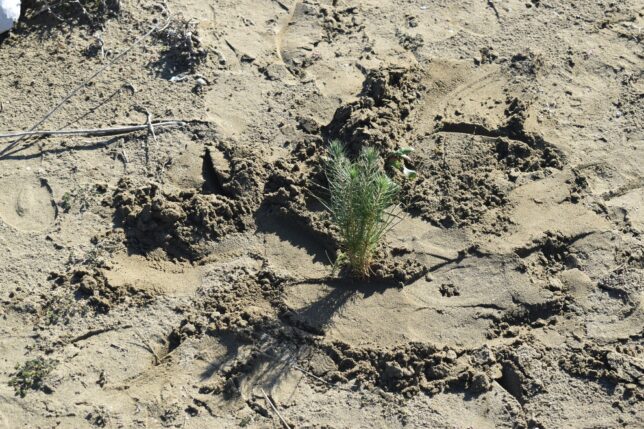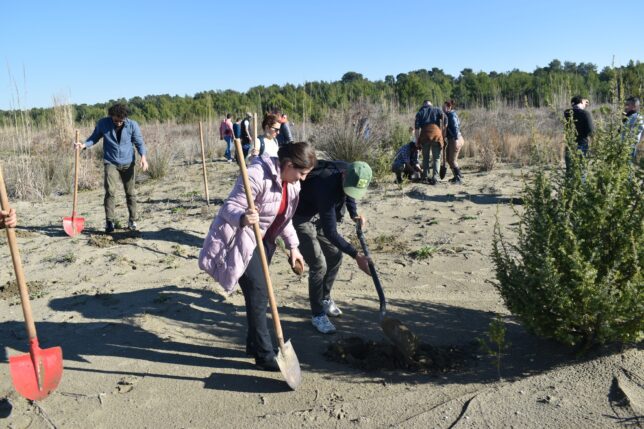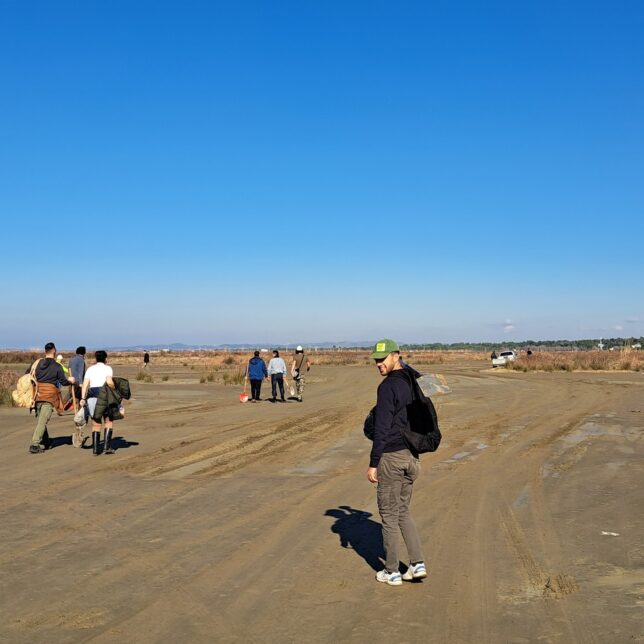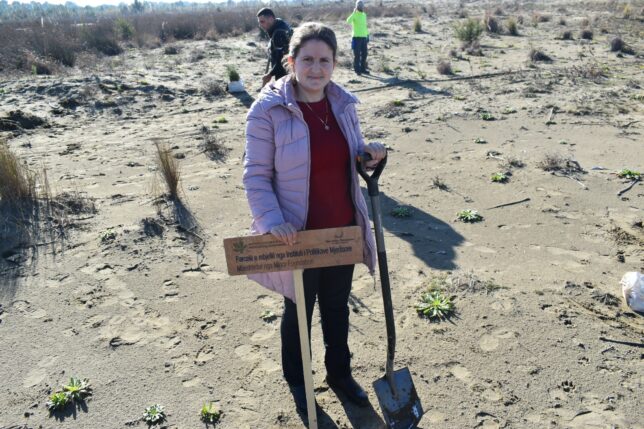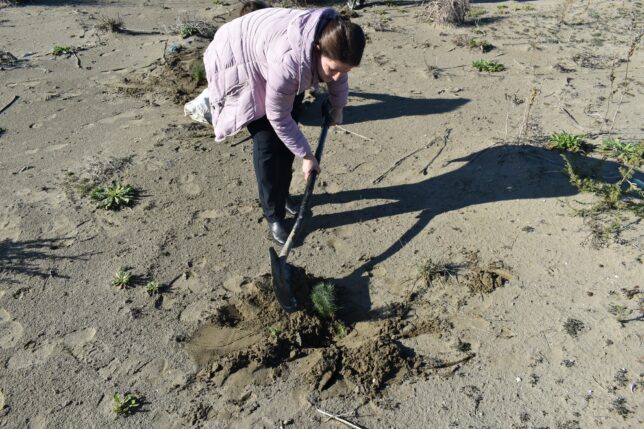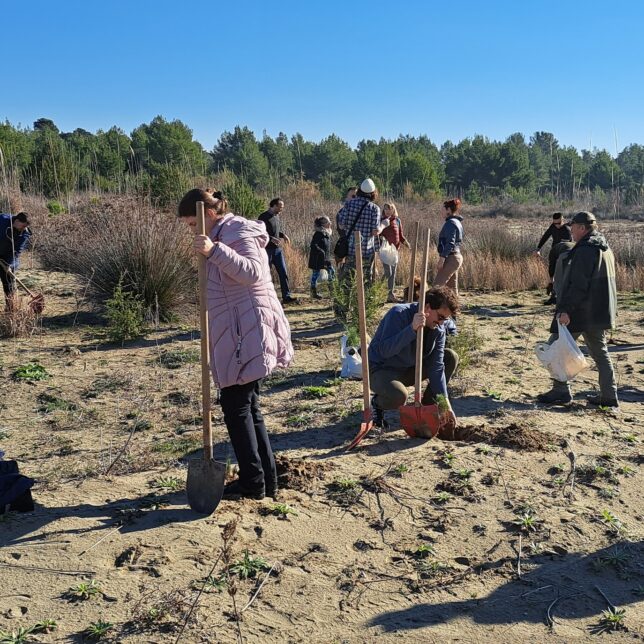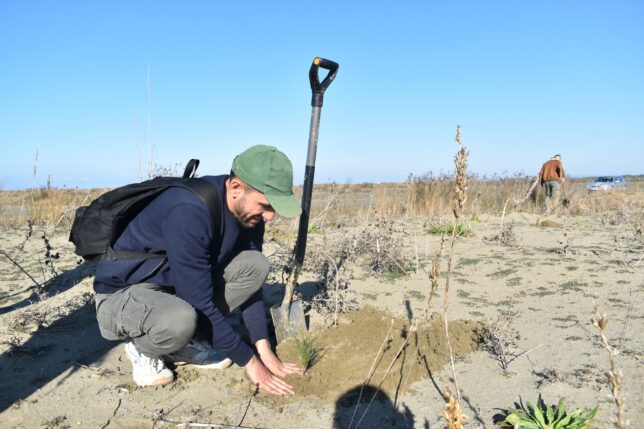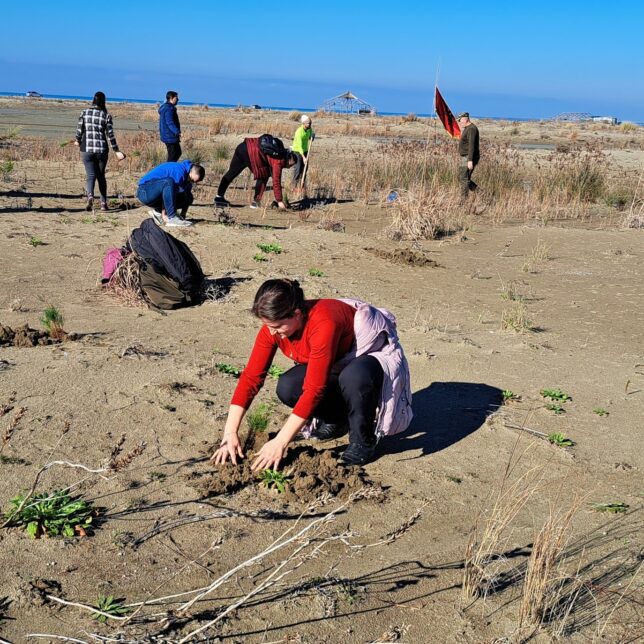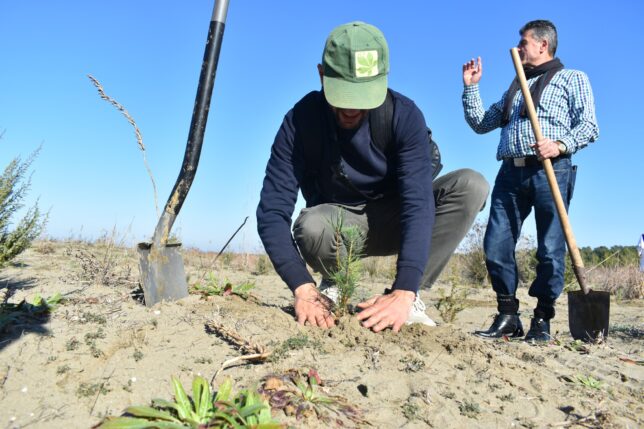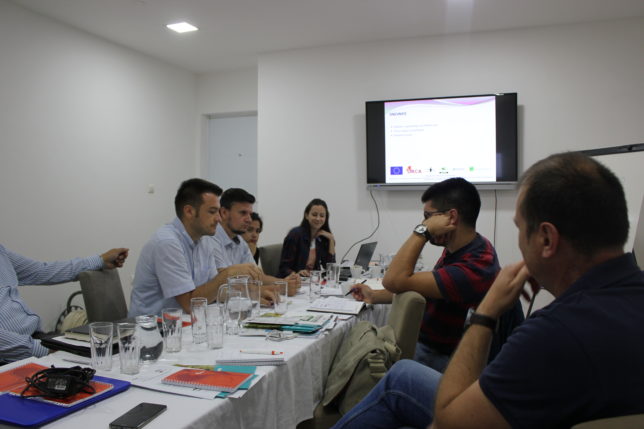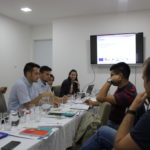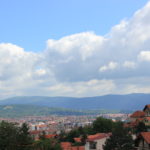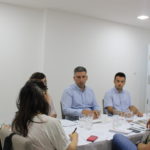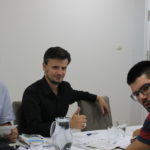Venue: Berat (Albania)
Period: 18 – 23 October 2016 (travel days excluded)
Applying organization: IPSIA Acli
http://www.ipsia-acli.it/
https://web.facebook.com/ipsia.acli/?fref=ts
Hosting Organization: Institute for Environmental Policy IEP
https://iep-al.veganmaailm.com/
https://web.facebook.com/Institute.for.Environmental.Policy/?fref=ts
Participants: 38 from Albania (7), Italy (7), Spain (7), Belgium (5), Latvia (6), Kosovo (6)
Language: English
Background and theme of the youth exchange:
Tourism is an inestimable resource for the local communities and should contribute to the protection of the natural and cultural heritage. Instead, it often happens that tourism becomes one the main causes of the ecosystems’ deterioration and has therefore a negative impact on the habitats and landscape, through the pollution of air and waters and the scattering of hardly-biodegradable waste. In this way, despite representing an important economic resource, tourism compromises the bequest we will pass to future generations in terms of richness of the flora and fauna and preservation of the environment.
It is then fundamental for tourism to become ‘green’ and worry about preserving the natural and cultural capital instead of damaging it. For this reason, ecotourism is a concept that is widely spread nowadays.
By ecotourism it is meant a responsible attitude of the traveller, aiming at the preservation of the environment in the respect of the local populations. Ecotourism is then first of all a philosophy, a way of life that arises from the traveller’s consciousness of his/her impact on the environment. The aim of this youth exchange is then exactly to stimulate reflection and come to the consciousness that our behaviour has an impact on what surrounds us, impact that can be reduced with a more responsible attitude.
The youth exchange will be held in Berat, recognised as UNESCO’s cultural heritage.
Many activities will take place in the open air and foresee the interaction with the local people. Simulations will also be done to calculate the participant’s ecological footprint on the environment. In this way, the participants will acquire a deeper consciousness of the consequences of their behaviour on the environment. Through the interaction with the locals, participants will also be lead to reflect about the weight of their cultural patterns when approaching a new culture and develop a more open and tolerant.
For more information, check the infopack Youth Exchange Infopack


